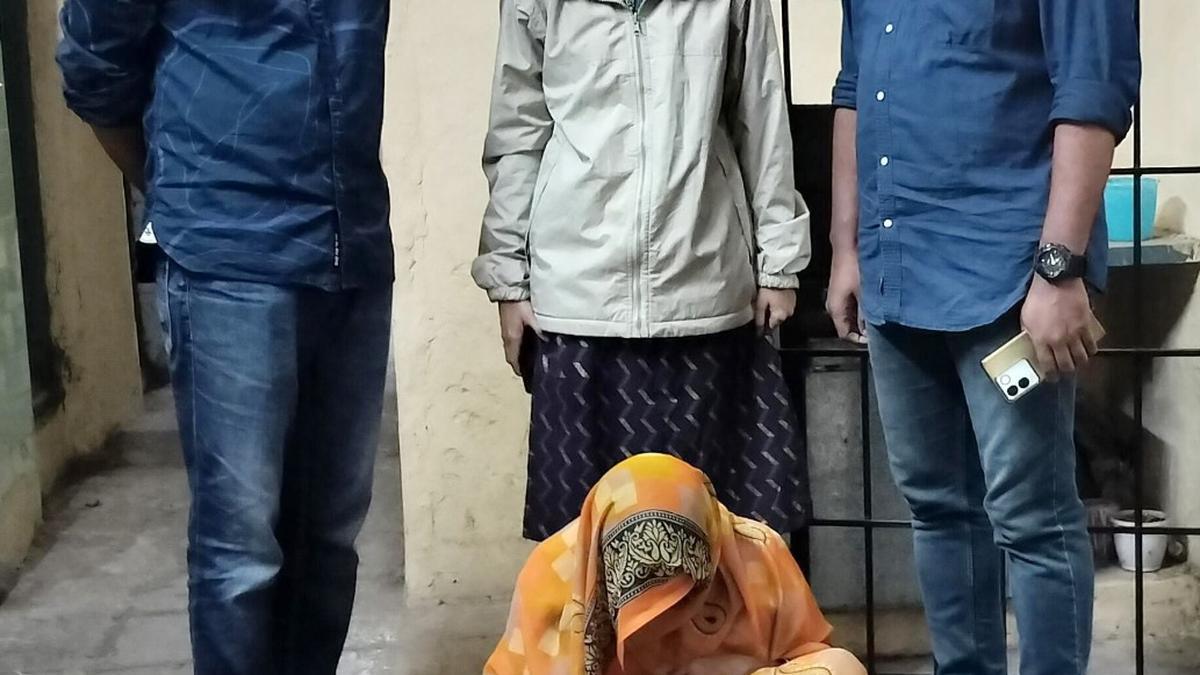Now Reading: Community Health Officers Lead Snakebite Response in Mysuru
-
01
Community Health Officers Lead Snakebite Response in Mysuru
Community Health Officers Lead Snakebite Response in Mysuru

Fast Summary
- A five-day training on snakebite management for 280 Community Health Officers (chos) took place in Mysuru district, Karnataka.
- The training was organized by the District Surveillance Unit Office, with support from Humane World for Animals India and Liana Trust.
- The program addressed primary treatment and emergency management of snakebites, a significant public health issue in India leading to an estimated 58,000 deaths and 2,00,000 long-term injuries annually.
- Topics included identification of venomous snakes, prevention strategies, response protocols during bites (do’s and don’ts), coexistence with snakes in rural areas, and socio-economic impacts of snakebites.
- Nearly all 330 CHOs in Mysuru are now trained as first responders to manage snakebite incidents.
- Authorities noted that better management knowledge can save human lives while reducing human-snake conflict arising from fear-based killings of snakes.
- Jerry Martin from Liana Trust highlighted the importance of community education alongside research for reducing human-wildlife conflict.
- Humane World’s Sumanth Bindumadhav emphasized that correct facts can prevent both fatalities and cruelty towards snakes.
- Karnataka became the first Indian state to declare snakebite as a notifiable disease in February 2024.
Indian Opinion analysis
The training initiative reflects an important step toward addressing india’s public health challenge caused by snakebites. Equipping Community Health Officers-many operating at grassroots levels-with life-saving knowledge ensures timely intervention during emergencies. This could mitigate both mortality rates associated with bites and economic consequences for families affected.
The collaboration between government bodies like the Department of Health & Family Welfare and wildlife organizations adds depth thru ecological awareness while tackling social misconceptions about snakes. Declaring snakebite a notifiable disease also underscores Karnataka’s proactive approach; accurate data tracking is crucial for policy progress across states struggling with similar challenges.
this program exemplifies how targeted training combined with education can address critical intersections between public health concerns and environmental stewardship. Extending such initiatives nationwide could create broader systemic resilience against this ofen-neglected crisis.

























